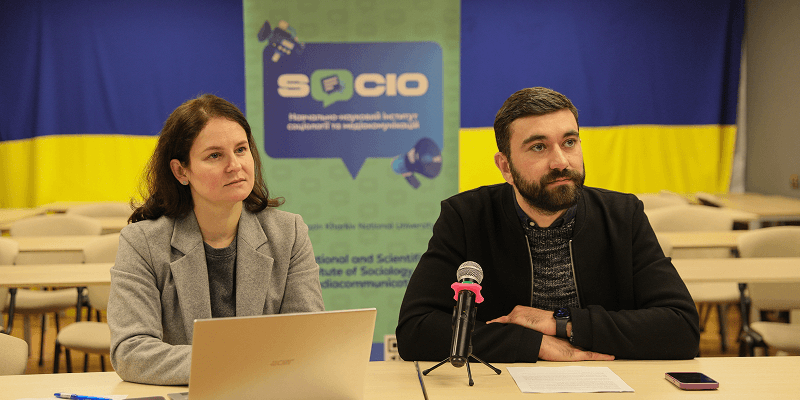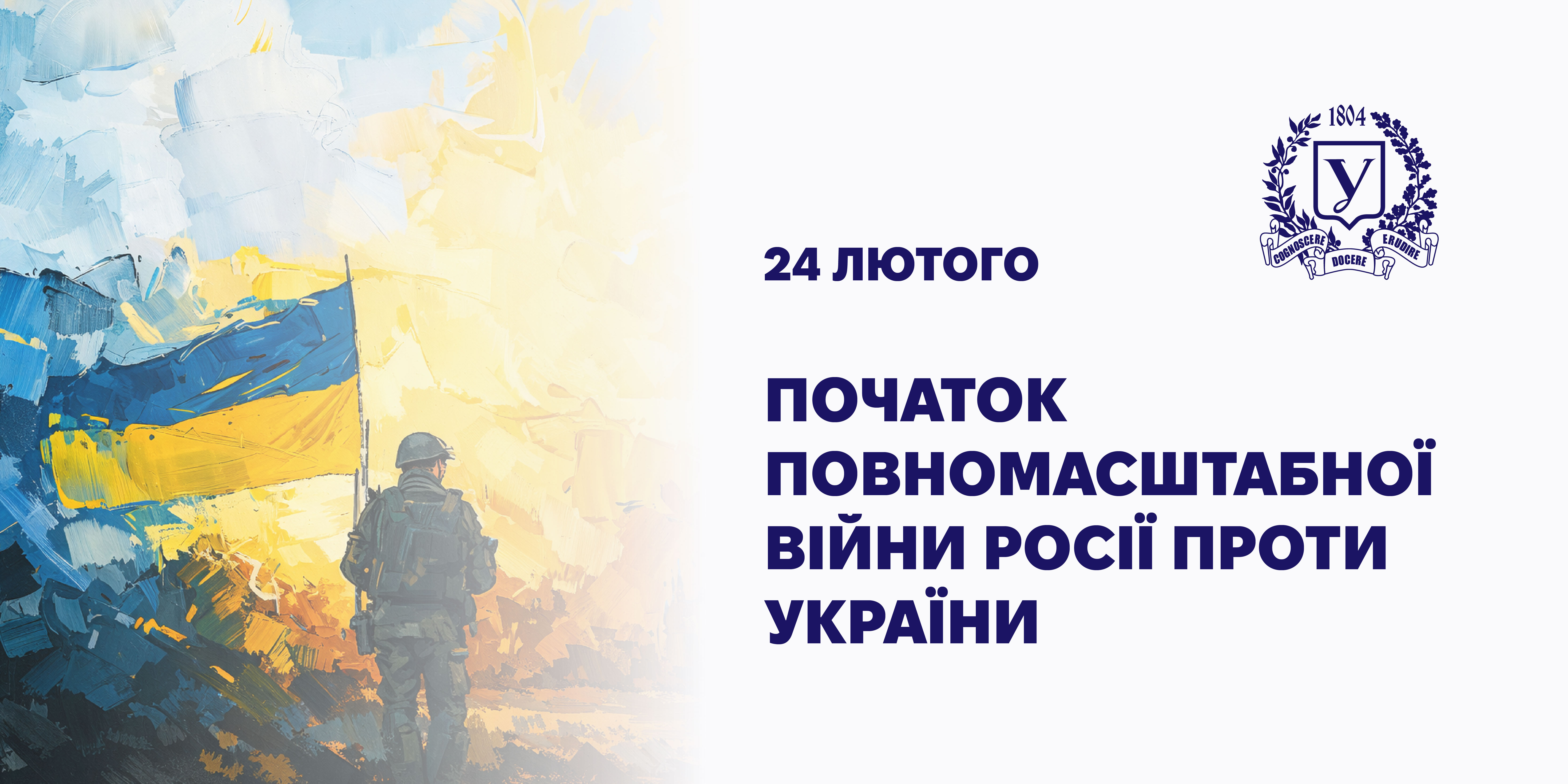A Representative of Karazin University Participated in the International Workshop “Impactful Communication” at the University of Innsbruck
.jpg)
For two days, the University of Innsbruck (Austria) hosted an international seminar titled ‘Impactful Communication’, organized to strengthen interaction between members of the Aurora Alliance of European Universities and improve communication strategies within the partnership.
The event brought together representatives from nine universities responsible for communication within the Alliance. V. N. Karazin Kharkiv National University, which holds the status of an Associate Partner of Aurora, was represented by Oleksandr Kryvtsov from the International Relations Department, who coordinates interaction with the Alliance at the university.
The agenda of the workshop included lectures, practical sessions, and seminars on modern approaches to science communication, working with the media, countering disinformation, and engaging the public in research activities. Participants discussed effective methods for disseminating scientific knowledge and building public trust in science.
The invited experts included Markus Weiskopf, journalist and editor of Research.Table, and Melanie Bartos, science communicator at the University of Innsbruck. Particular attention was paid to the interaction between scientists and the public. Participants took part in practical training based on the Viel-Falter Butterfly Monitoring Austria project, which encourages citizens to monitor biodiversity and collect scientific data.
As part of the team’s efforts to develop intra-alliance communication, participants proposed several joint initiatives aimed at increasing awareness of the Aurora Alliance among academic communities. These included ideas for social media campaigns, the development of media content, and the organization of educational events.
Participation in the workshop was an important step toward further strengthening the role of Karazin University in the Aurora Alliance and will contribute to expanding international cooperation in science and education, as well as implementing best European practices in scientific communication.



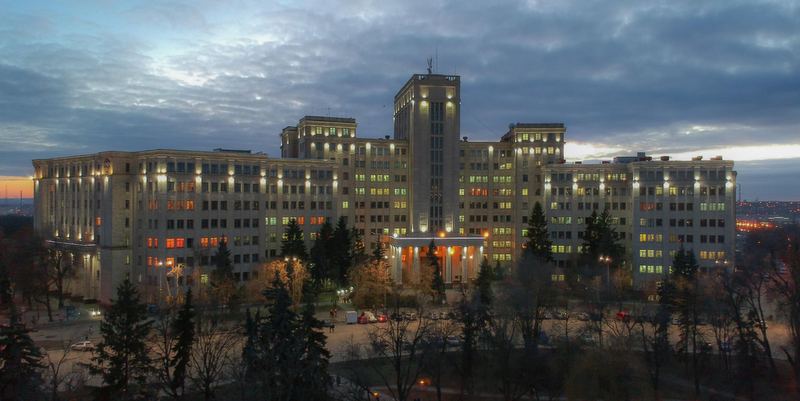
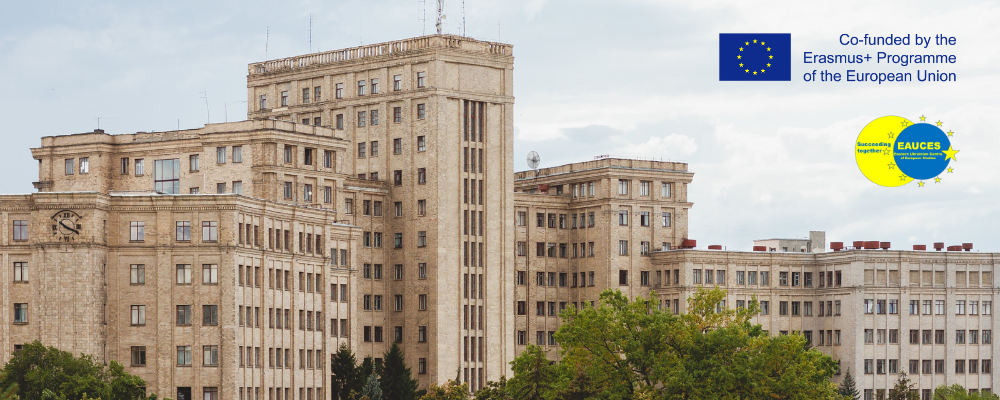
.jpg)
.png)
.jpg)
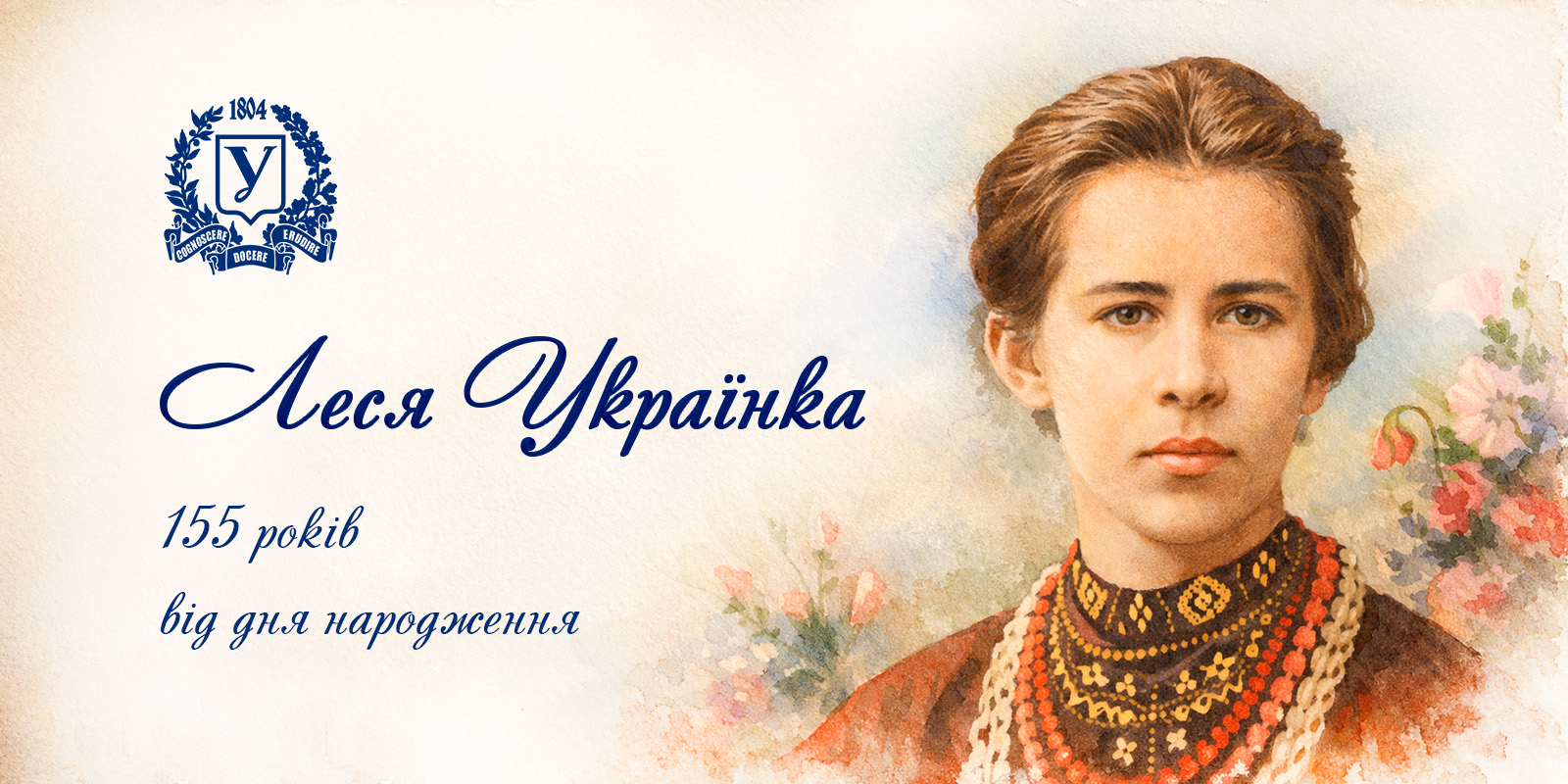
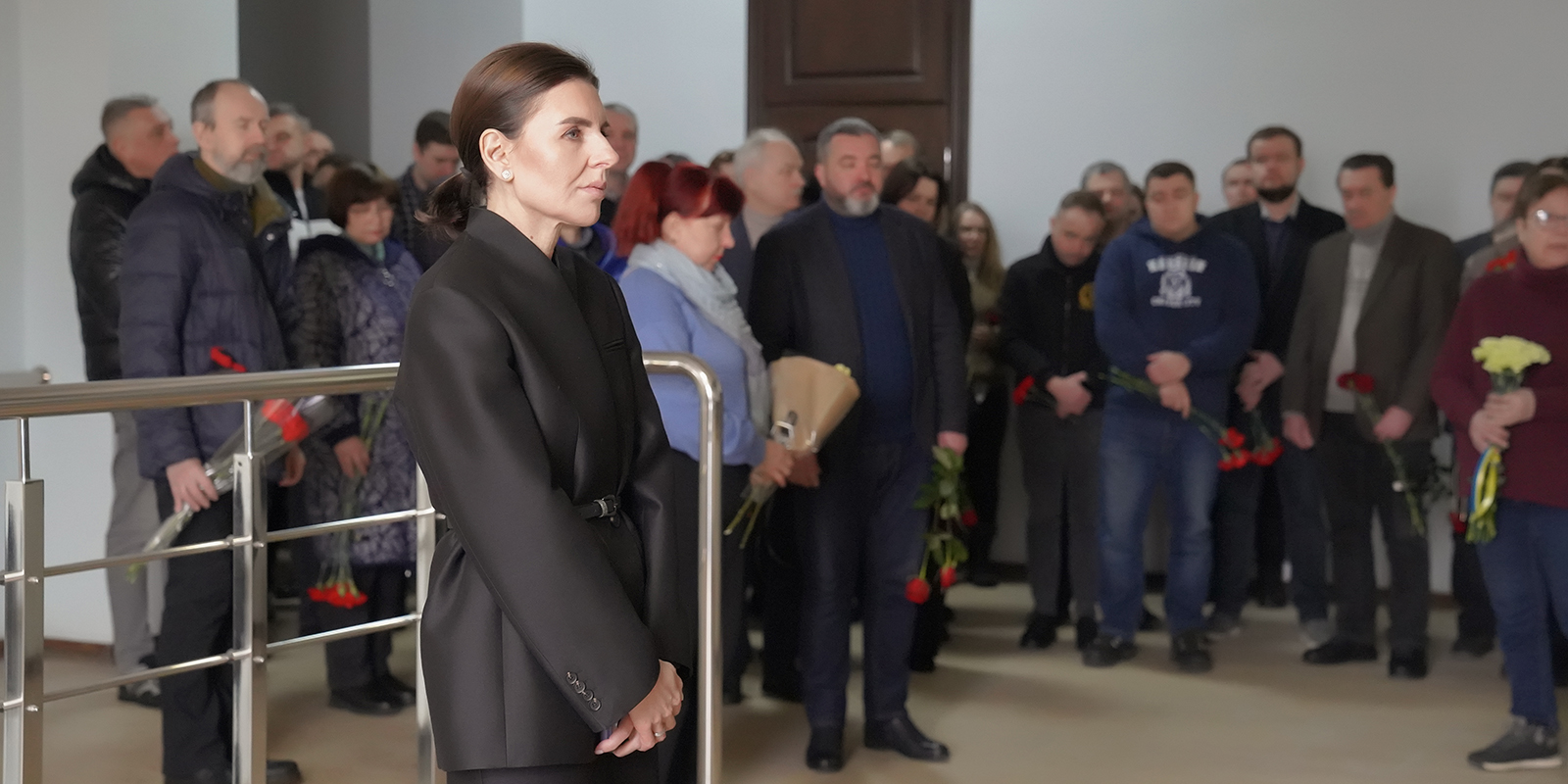
.jpg)
